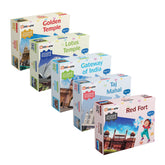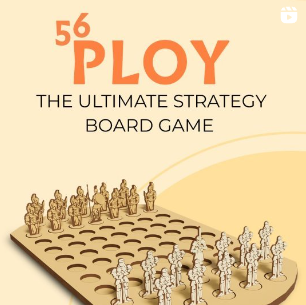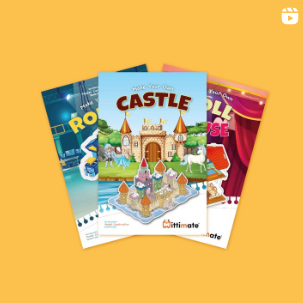The Power of Play in Fostering Child Development
Play is essential to a child’s development, offering benefits that go far beyond mere entertainment. Understanding how different types of play support various aspects of growth can help parents create enriching environments for their children.
1. Physical Development

Active play, such as running, climbing, and dancing, is crucial for physical health. It helps children develop strength, balance, and coordination, which are important for daily activities and overall fitness. Engaging in outdoor games and sports supports health and helps prevent obesity, laying a strong foundation for a healthy lifestyle.
2. Social and Emotional Development
Play also plays a key role in social and emotional growth. Group games and cooperative activities teach children to communicate, share, and work together. These experiences build social skills like empathy and conflict resolution. Imaginative play allows kids to explore and manage their emotions, promoting emotional resilience and self-regulation.
3. Problem-Solving Skills

Activities such as puzzles and strategy games challenge children’s cognitive abilities, promoting critical thinking and problem-solving. For instance, assembling a puzzle requires spatial reasoning and patience, while building with blocks involves understanding cause and effect. At Mittimate, we offer a wide selection of brain teaser toys and strategy games that are perfect for enhancing these essential skills. Our engaging puzzles and interactive games are designed to stimulate young minds and prepare them for future challenges. Explore Mittimate’s collection to order toys online, that will support your child’s cognitive development and make learning fun.
4. Fostering Imagination

Imaginative play, like pretending to be different characters or scenarios, enhances creativity and cognitive flexibility. It allows children to explore new ideas and perspectives, expanding their thinking. By acting out stories and roles, children engage in creative problem-solving and develop a love for learning and innovation.
5. Brain Development

Engaging in various forms of play stimulates brain development by creating and strengthening neural connections. Activities that involve sensory experiences, movement, and problem-solving support cognitive functions such as memory and attention. Interactive play, like memory games, lays the groundwork for future academic success.
6. Creativity

Play is a powerful tool for fostering creativity. Activities like drawing, crafting, and building provide opportunities for self-expression and experimentation. Creative play helps children develop unique solutions and original thinking, essential for problem-solving and innovation.
Conclusion
The benefits of play are vast and integral to a child’s development. By incorporating physical, social, emotional, and cognitive play into daily routines, parents can support their child's growth and help them become well-rounded, confident individuals. Embracing the power of play enriches a child’s life and prepares them for a successful future.













Leave a comment
Please note, comments need to be approved before they are published.